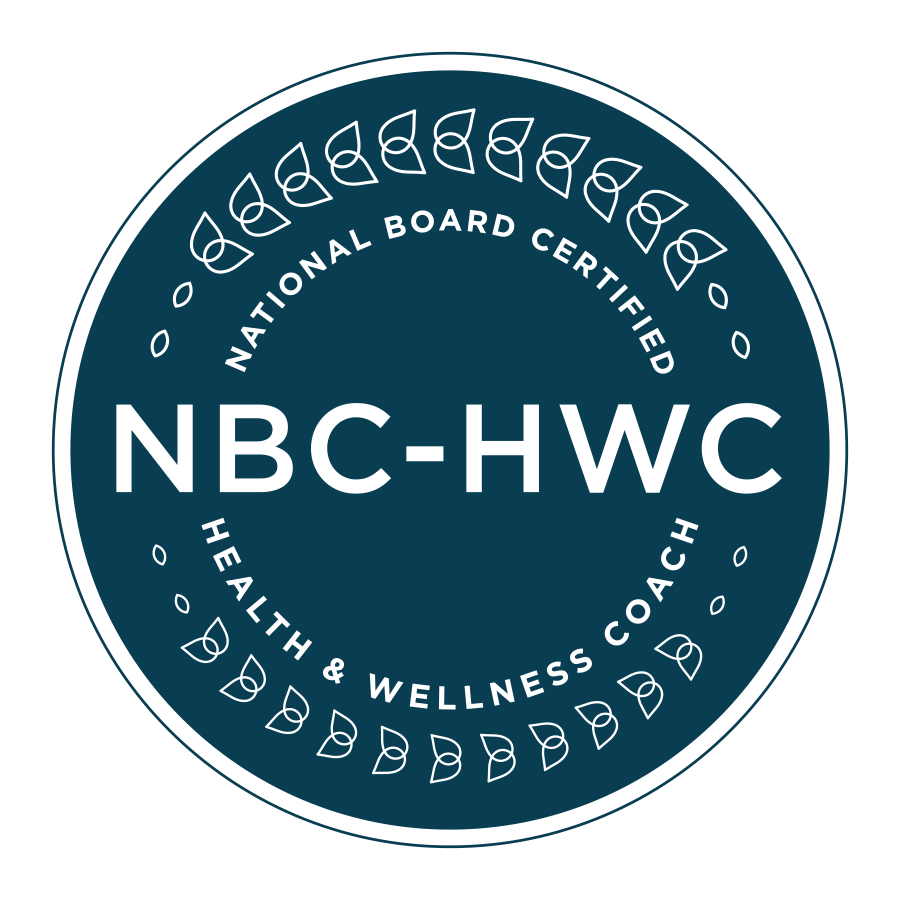I was sitting at home staring at a blank sheet of paper trying to do my maths homework (or ‘math’ if you more versed with English from the other side of the Atlantic). Our teacher had unloaded a bunch of alphabet soup on the class earlier in the day. This recipe for quadratic equations – full of As, Bs, Cs and Xs – was about as comprehensible to me as reading Chaucer.
I could recognise the words and letters, but I didn’t really know what they meant. And that’s before they started darting around like a will-o’-the-wisp either side of the equals sign.
Quadratic equations didn’t simplify problems for me. They created them, and added complexity. I was so frustrated trying to learn them because I loved learning just about everything else with a joyful ease.
Give me “Caecilius est pater” or “Wie komme ich am besten zum Bahnhof, bitte?” anytime!
The “conventional leader” equation for success
If you think about how most leaders approach success at work, the equation is much more simple. It’s often something along the lines of this:
I see high-achievers who are inexperienced or aspiring to lead others defaulting to this type of equation.
Success is, of course, subjective, and this is not the moment to unpack what success means for you. I’m saving that one for another essay!
For some, success is about accumulating wealth and status – collecting cars, houses, and boats.
For others it has a connection to values that are about making a difference or inspiring others to be their best selves.
There are, of course, variations on this basic equation, such as adding the type of school/university you went to, or the social class you landed up in. Whatever they are, this equation is a conventional one.
Unlike my maths teacher’s quadratic equations, it is much simpler to use, but it’s one that I see heart-centred, high-achieving entrepreneurs and professionals apply frequently with devastating consequences. They build up expertise, strive hard, work long hours, and do more. With a dose of luck behind them, they end up:
- walking through their home front door, snapping at their family for asking them a question they immediately knew was a reasonable one, but couldn’t admit or apologise for it
- feeling “on” all the time, unable to switch off because the projects they’re working on are all-consuming
- they spend 95% of your time with work, 5% of your time with family, and 0% of time with themselves
The “high-achieving leader” equation for success
Then there are the more complex equations that highly ambitious leaders solve for success.
They look like this:

My cousin’s daughter is a data scientist and she helped me understand that quadratic equations are elegant and simple. They help uncover the relationship between something that varies (or isn’t known yet), X, and some other known values. And so out of complexity comes simplicity.
I remember being agog when I understood (finally) that they help solve complex, real-life problems, like “what’s the most efficient driving schedule for a supermarket’s home deliveries”.
But with this kind of equation, it is easy to make it too complex.
We cram in more and more variables and factors into the equation in striving for the success we say we want.
We keep doing more in order to try and solve the equation.
Simplicity vanishes.
What starts off as an elegant quadratic equation turns into an unwieldy monster. You
Congratulations. You’re now the new owner of a dictionary full of alphabet soup that even Chaucer would be proud of.
Your equation for success
Many of the entrepreneurs and professionals that I work with are hugely successful on paper, but success comes at a cost.
They’re burnt out, having nervous breakdowns, snapping at their partner when they get home, unable to switch off. The joy they once had for their work and their mission turns into a daily dose of “bleurghhh”.
So what if there were a better equation for success?
One that is simple, elegant and is effective because it handles the complexity of our daily lives?
What if the equation could help you:
- Minimise your likelihood of ending up in a care home just as you want to enjoy the fruits of your hard work?
- Wake up with a pep in your step, casting away your health blips so you can maintain full pace for longer – if you need to?
- Listen with a deep presence so that each member of your team feels they’re a valued part of it.
- Walk through your front door having the equanimity to enjoy dinner with your family without shouting at them “because it’s been a really stressful day”.
- Stop your hamster wheel-thinking that says you can only succeed in your mission or your health, but not both.
What if the equation looked like this:
Here, “me” is everything you do, the courses you’ve been on, the people you meet, your luck, who you want to show up in the world being.
What you put in to “me” is important. It’s a key variable in the equation. But heart-centred, high-achievers do that anyway.
But if you’re putting in effort, learning new skills, they’re all irrelevant if your health is not part of the equation.
You’ve succeeded in reaching where you are now because of the things you’ve done. But I would wager that what’s holding you back from experiencing your fullest success – a success that feels worth it – is:
- Health is missing from your equation for success
- You don’t notice the multiplier effect of health
Those two reasons are why almost every leader (especially the high-achieving ones) experience success that is harder than it needs to be.
They’re defaulting to the conventional equation for success, or one that would do Chaucer proud.
They are unable to truly grant health to themselves – to make it part of the equation.
The truth is that it’s not the type of equation that matters. It doesn’t have to be a quadratic one. And it doesn’t need to be the same one for the rest of your life.
The most important step is to craft your own equation with Health in it.
Over to you
In your own equation for success, how does health show up?
I’ll talk about the formula for health itself in another essay, but I can assure you now that it can be straightforward.
You could even surprise Chaucer with its simplicity.




